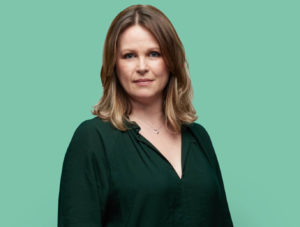1. Recognise the importance of brand continuity
First of all you have to realise that your brand requires protection. Nowadays you are active across so many channels that it can be difficult to ensure consistency of identity, message and tone, but these things are critical. You develop a particular brand for a reason and if the customer sees confused or contrasting messaging then that interferes with their experience of the brand and their path to purchase.
Brand isn’t just the visual look and feel, it’s something the whole company buys into and delivers on
The brand isn’t just the visual look and feel, it’s something the whole company buys into and delivers on. Customer support or the email communication team also heavily re-enforce the brand values when they interact with customers, so it needs to be defined and upheld by the whole organisation.
2. Understand your different target personas
Your next step is to paint a clear picture of who you are talking to. When we started it was people who were really into fantasy sports; the hardcore fans and early adopters. Now, that has expanded to sports fans. We have a variety of different personas and so we need to understand what form of content will resonate with each. Only then can we build a brand framework that encompasses each of these personas in a cohesive way.
3. Create clear branding guidelines
When we first launched FanDuel, it was easy enough to maintain a brand framework without formal documentation as I was able to oversee everything on both the product and marketing side, and instinctively knew if we were ever deviating from the brand. However, as the company scaled it became almost impossible to ensure this consistency. Everyone had different interpretations and it soon became apparent we would just have to sweep it all up and start again, this time with a far more formal structure.
It becomes a case of developing these [brand guidelines] as living documents so that they maintain their relevance as the company evolves
What this taught me was the importance of getting this documentation started early so that you can scale without running into this obstacle. It then becomes a case of developing these as living documents so that they maintain their relevance as the company evolves.
4. Test with care
Everyone now recognises the importance of testing. Without it your product will be based on guesswork and assumptions. However, endless testing can also wreak havoc for the brand. Here are a few rules to ensure you strike that difficult balance:
– Test internally first. Before you send it out into the wild you should test clickable prototypes with dummy users. It will ensure you iron out the biggest problems before interfering with the real audience.
– When you start testing with real users, begin with a small sample size, then move onto a slightly larger one only when you are confident it is having the desired effect. And don’t test too much on the same audience as eventually, all that inconsistency will ruin their experience of the brand.
– In the early stages, when you’re dealing with small volumes of data, avoid running tests with small changes that alter the user experience without any significant impact on behaviour. Instead, group the changes together and see which ones really shift the dial, then dive into the nuances later on.
5. Don’t be afraid to involve agencies
I’m from an agency background and yet when we first started I was reluctant to involve outside parties. We assumed it would be quicker, cheaper and give us greater control of the brand to do everything in-house. However, what we’ve learnt is that agencies:
– Are able to maintain an objective view on what really defines your brand in the market.
– Ensure a level of speed and quality that you won’t always find in-house.
– Help you to understand the external landscape and can introduce you to new ideas and platforms.




